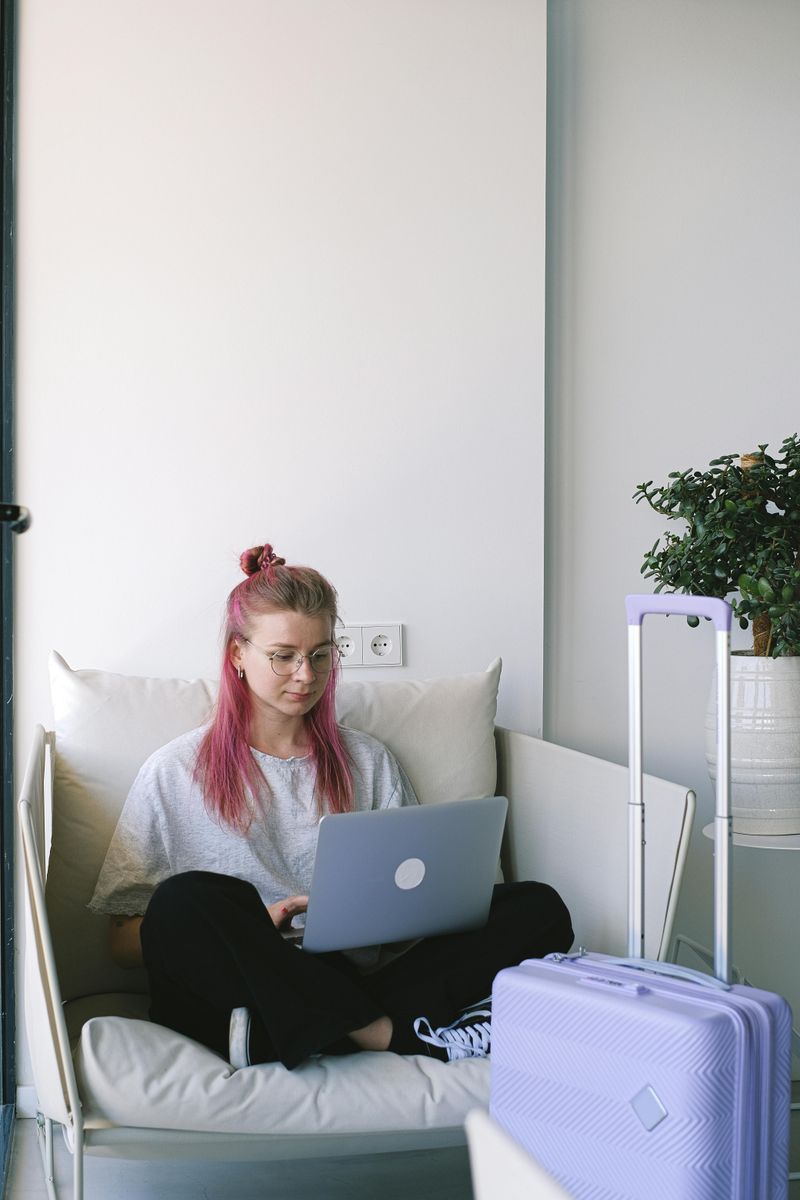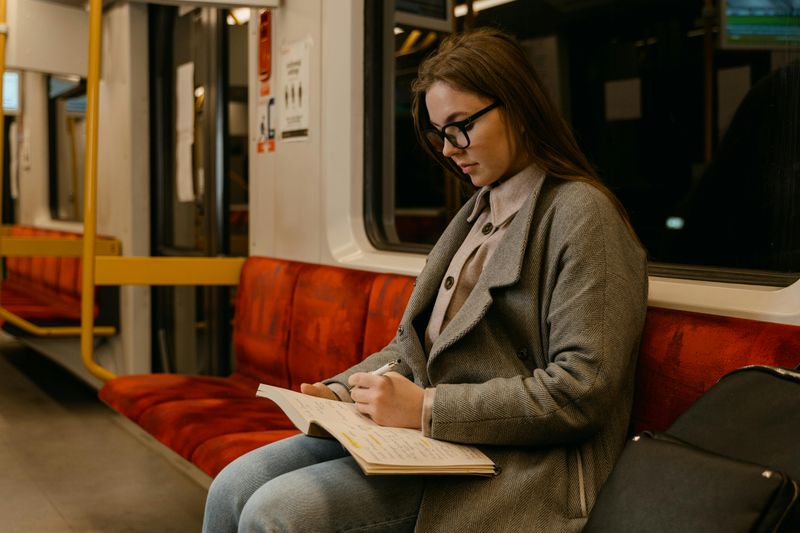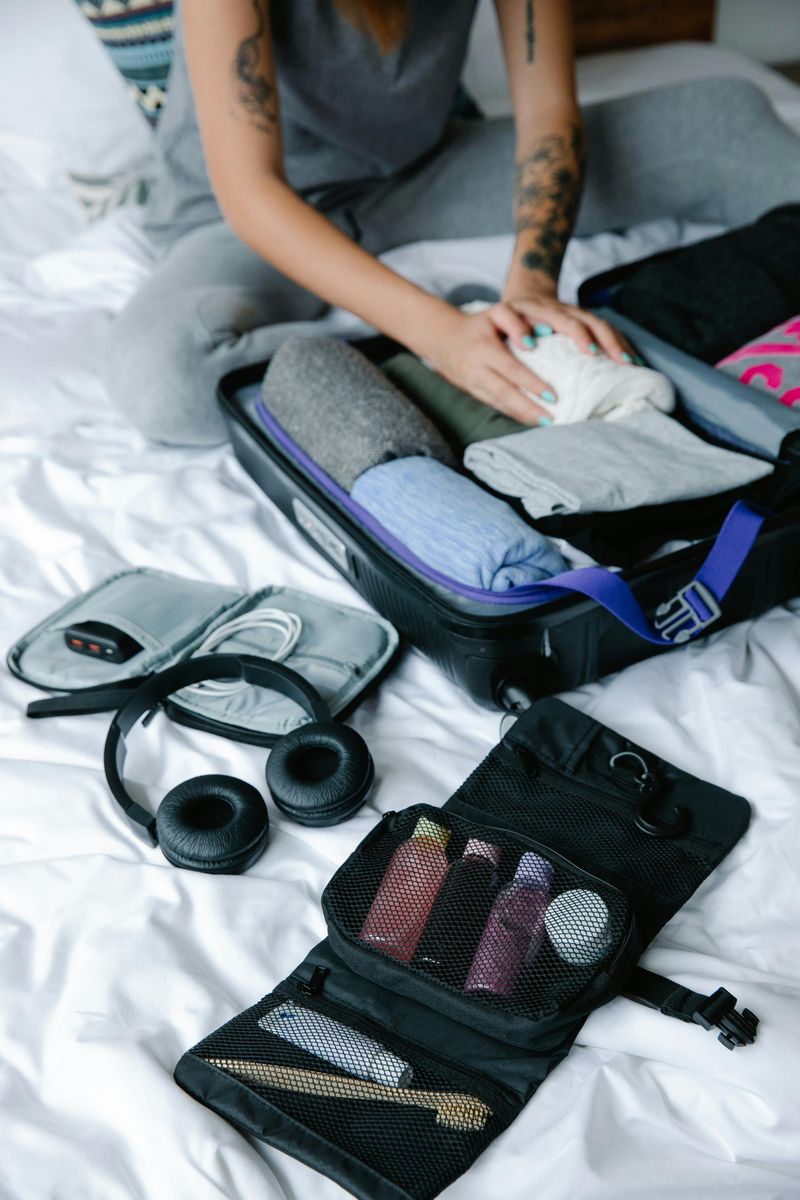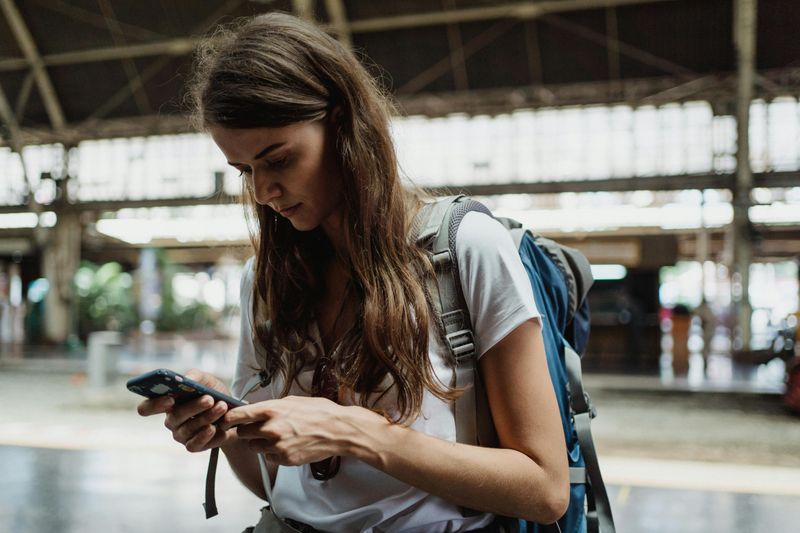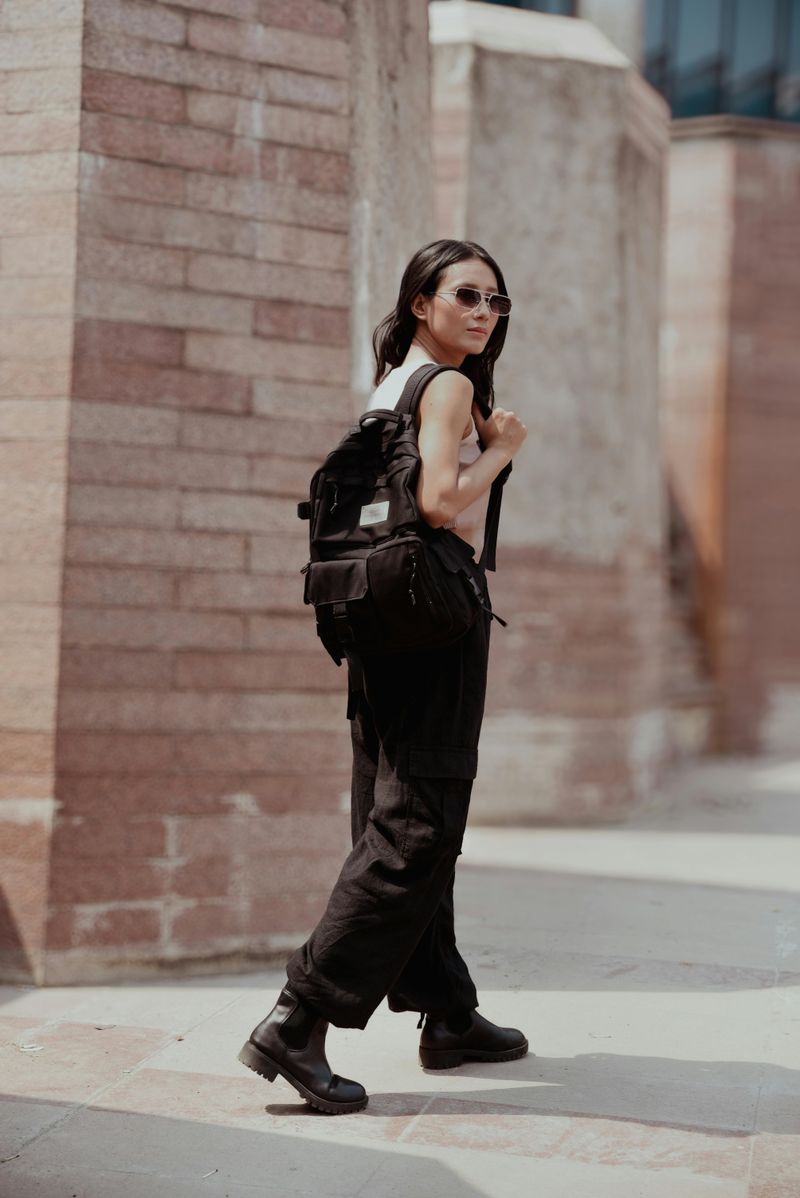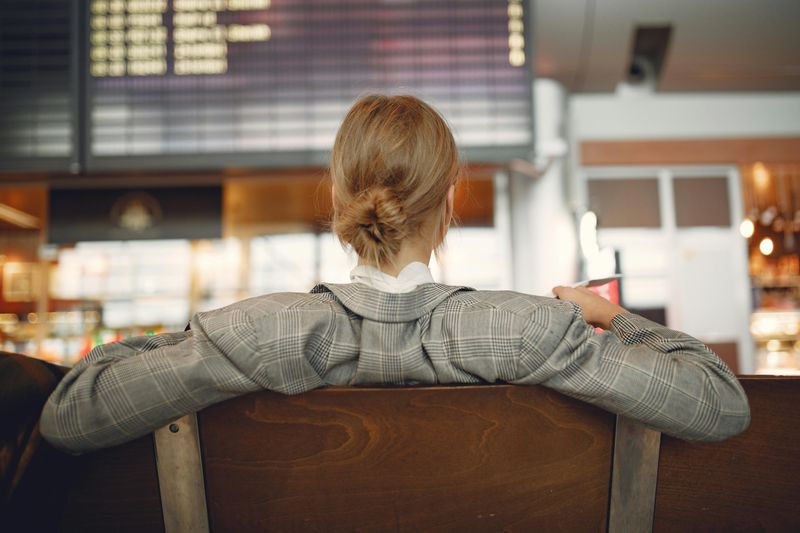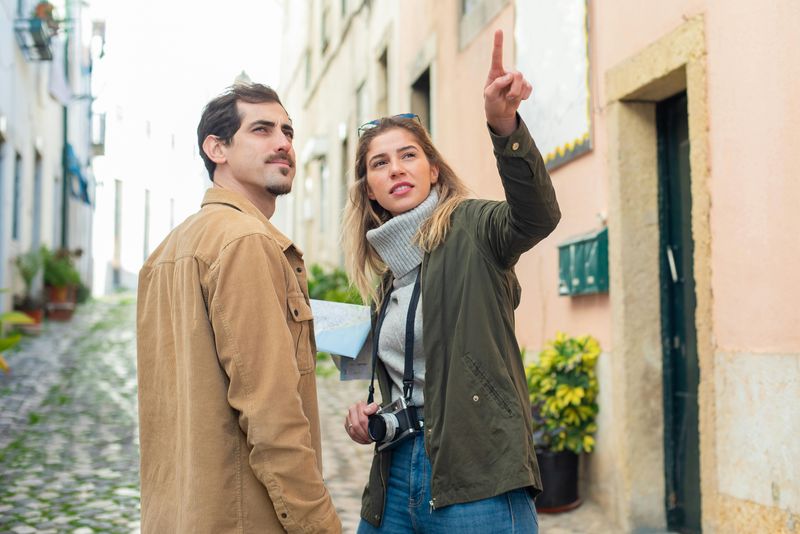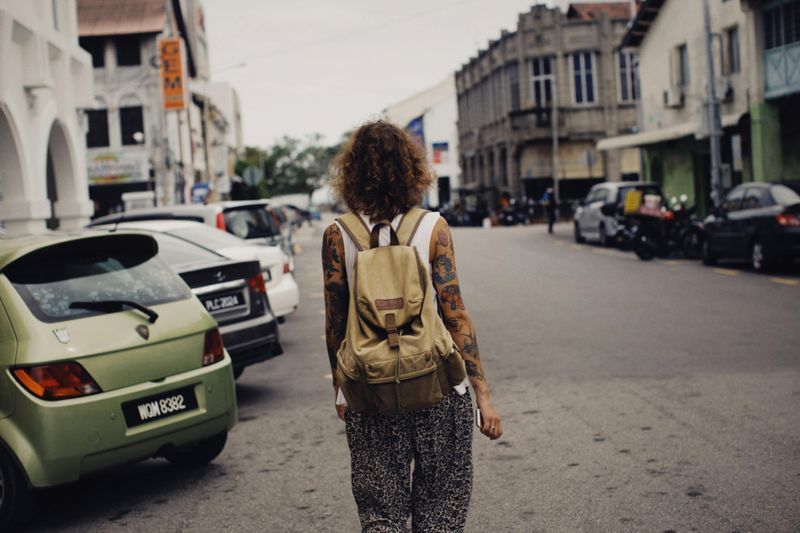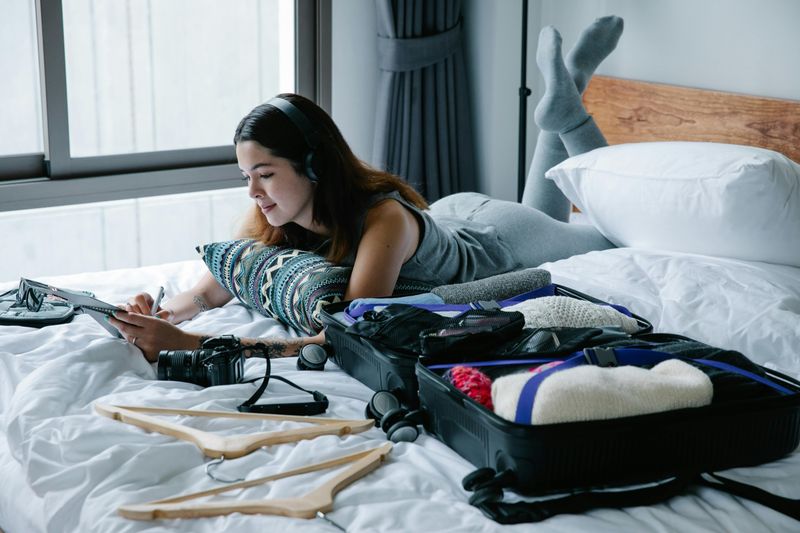Traveling alone can be both thrilling and scary at the same time. When you’re by yourself in a new place, you might feel excited but also nervous about handling everything on your own. Building confidence during solo travel isn’t just about being brave – it’s about preparing yourself, staying safe, and learning to trust your abilities as you explore the world.
1. Take Baby Steps First
Start your solo travel journey with short weekend trips close to home. Visit a nearby city or town where you can practice being on your own without the pressure of long-term travel. These mini-adventures build your travel muscles gradually.
Many experienced solo travelers began with small outings that helped them learn basic skills. Try a one-night stay at a local hotel or a day trip to a neighboring town before booking that flight to Paris.
Each small success will make you more comfortable handling bigger journeys later. Remember that even seasoned travelers felt nervous their first time out alone!
2. Research Like A Detective
Knowledge truly is power when traveling alone. Spend time understanding your destination’s culture, common scams, safe neighborhoods, and transportation options before arrival. Knowing what to expect reduces anxiety and surprises.
Create a simple document with important information like your accommodation addresses, emergency contacts, and a basic daily plan. Having this information readily available provides a security blanket when you feel uncertain.
Join online travel forums where solo travelers share recent experiences about your destination. Real advice from real people who’ve recently been where you’re going offers practical insights no guidebook can match.
3. Master Key Local Phrases
Even just learning how to say “hello,” “thank you,” and “where is the bathroom?” can transform your travel experience. Locals appreciate the effort, making them more likely to help you when needed.
Download a language app and practice during your commute or before bed. Focus on practical phrases rather than perfect grammar. The goal is communication, not fluency.
Carry a small notebook with essential translated phrases if you’re worried about forgetting them. Often, just attempting to speak the local language creates goodwill and breaks down barriers, even when your pronunciation isn’t perfect.
4. Travel Light, Worry Less
Packing only what you can comfortably carry by yourself eliminates stress and dependence on others. Think versatile clothing pieces that can be mixed and matched rather than specific outfits for each day.
A lighter bag means easier navigation through crowded streets, public transportation, and up flights of stairs. You’ll move more freely and confidently without being weighed down by unnecessary items.
Try this test before leaving: walk around your neighborhood for 15 minutes with your packed bag. If it feels heavy or awkward, reconsider what you’ve packed. Remember, most things can be purchased at your destination if really needed.
5. Create A Safety Net
Before departing, share your itinerary with trusted friends or family members. Include accommodation details, transportation information, and a rough outline of your plans for each day.
Set up regular check-in times with someone back home. This could be a quick text message or social media update that signals you’re safe. Many solo travelers find this routine comforting for both themselves and worried loved ones.
Consider using location-sharing apps during your journey. Knowing someone can see where you are provides peace of mind, especially in unfamiliar surroundings, without taking away your independence.
6. Listen To Your Inner Voice
Your instincts are your personal alarm system while traveling alone. That strange feeling when something doesn’t seem right? Pay attention to it rather than ignoring it to be polite.
Practice trusting yourself in small situations. If a taxi driver’s route feels wrong or a too-friendly stranger makes you uncomfortable, act on that feeling. It’s better to seem rude than to ignore warning signals.
Solo travelers often report that their most important safety tool was simply listening to their gut feelings. With practice, you’ll get better at distinguishing between normal travel nervousness and genuine warning signs.
7. Harness Technology Smartly
Download maps for offline use before arriving at your destination. This simple step ensures you can navigate even without internet access, giving you freedom to explore confidently.
Translation apps with camera features can instantly translate menus, signs, and directions. Practice using these tools before your trip so they’re second nature when you need them most.
Safety apps designed for solo travelers can track your movements and alert contacts if you don’t check in. Many offer features like fake incoming calls to help you exit uncomfortable situations gracefully. Technology won’t replace common sense, but it certainly strengthens your solo travel toolkit.
8. Choose Accommodations Wisely
Safety begins with where you sleep. Look for accommodations with 24-hour front desks, good lighting, and secure entry systems. Read reviews specifically from solo female travelers for honest safety assessments.
Consider staying at places that facilitate social connections if you’re worried about loneliness. Hostels with common areas, small hotels with community breakfasts, or guesthouses run by locals often provide natural opportunities to meet others.
Location matters enormously. A slightly more expensive room in a central, well-lit neighborhood with restaurants and shops open in the evening is worth every penny compared to a cheaper option in an isolated or sketchy area.
9. Roll With The Changes
Trains get canceled. Reservations get lost. Rain ruins beach days. Solo travel teaches you to adapt quickly without another person to lean on – and that’s where real confidence grows.
Prepare a mental “Plan B” for important parts of your trip. Know alternative routes, have backup accommodation options saved, and keep extra cash for unexpected situations.
Seasoned solo travelers view disruptions as part of the adventure rather than disasters. When you successfully navigate your first travel hiccup alone, you’ll feel a remarkable sense of accomplishment that builds lasting confidence for both travel and life.
10. Strike Up Friendly Conversations
Start small by chatting with shopkeepers, tour guides, or baristas. These brief interactions build your confidence for longer conversations and help you practice any language skills you’re developing.
Ask locals for recommendations rather than relying solely on guidebooks. Questions like “Where would you eat dinner tonight?” often lead to authentic experiences and sometimes unexpected friendships.
Many solo travelers worry about looking lonely, but most people find travelers interesting. Your solo status often makes you more approachable and memorable to locals and other travelers alike. Those brief connections create the richest travel memories.
11. Maintain Your Personal Rhythm
Solo travel can tempt you to pack too much into each day, leading to exhaustion and decreased confidence. Listen to your body’s needs for rest, proper meals, and downtime.
Build self-care rituals into your travel routine. Maybe it’s starting each morning with a familiar breakfast, taking afternoon breaks at cafés, or writing in a journal before bed. These habits create stability amid changing surroundings.
Remember that nobody is watching your travel performance. Skip attractions that don’t interest you, sleep in if you’re tired, or spend a rainy day reading in a café. Solo travel’s greatest luxury is following your own rhythm without compromise.
12. Acknowledge Your Achievements
Solo travelers face dozens of tiny challenges daily that coupled travelers share. Successfully ordering a meal in another language, finding your way back to your hotel, or navigating public transportation are genuine accomplishments.
Keep a quick travel journal noting these small victories. On tough days when your confidence wavers, reading about what you’ve already managed will restore your faith in your abilities.
Share your experiences with friends back home or on social media if you’re comfortable doing so. Seeing your journey through others’ impressed eyes helps you recognize your own growth and courage in taking this solo adventure.
13. Embrace Curiosity Over Fear
Train yourself to replace fearful thoughts with curious ones. Instead of “I’m scared to eat alone,” try “I wonder what interesting things I’ll observe while dining solo.”
Curiosity naturally pushes you toward new experiences rather than away from them. When facing something intimidating, ask yourself what you might learn or discover by trying it anyway.
Solo travelers with this mindset often find themselves saying yes to unexpected invitations – joining impromptu walking tours, accepting recommendations for hidden local spots, or trying unusual foods. These spontaneous moments frequently become the highlights of any journey.
14. Know Basic Emergency Procedures
Research emergency numbers for your destination before arriving. Save local police, ambulance, your country’s embassy, and tourist police contacts in your phone and on paper.
Locate the nearest hospital to your accommodation on a map. Knowing exactly where to go in a medical emergency eliminates panic and indecision when you’re not feeling well.
Learn the universal signal for choking and basic first aid for common issues like minor cuts or sprains. These simple skills make you more self-reliant and less vulnerable when traveling solo. Confidence comes from preparation, and safety knowledge creates a foundation for relaxed exploration.
15. Connect With Your Travel Purpose
Before your trip, write down your personal reasons for traveling solo. Whether it’s challenging yourself, healing from a life change, or simply seeing places you’ve always dreamed of, having clear purpose strengthens resolve.
During difficult moments, revisit these motivations. Remembering why you chose this path helps push through temporary discomforts or moments of homesickness.
Many solo travelers report profound personal growth from facing challenges alone. The confidence gained often extends far beyond travel into other life areas. By focusing on your journey’s deeper purpose, temporary obstacles become meaningful parts of your transformation story rather than just problems.


